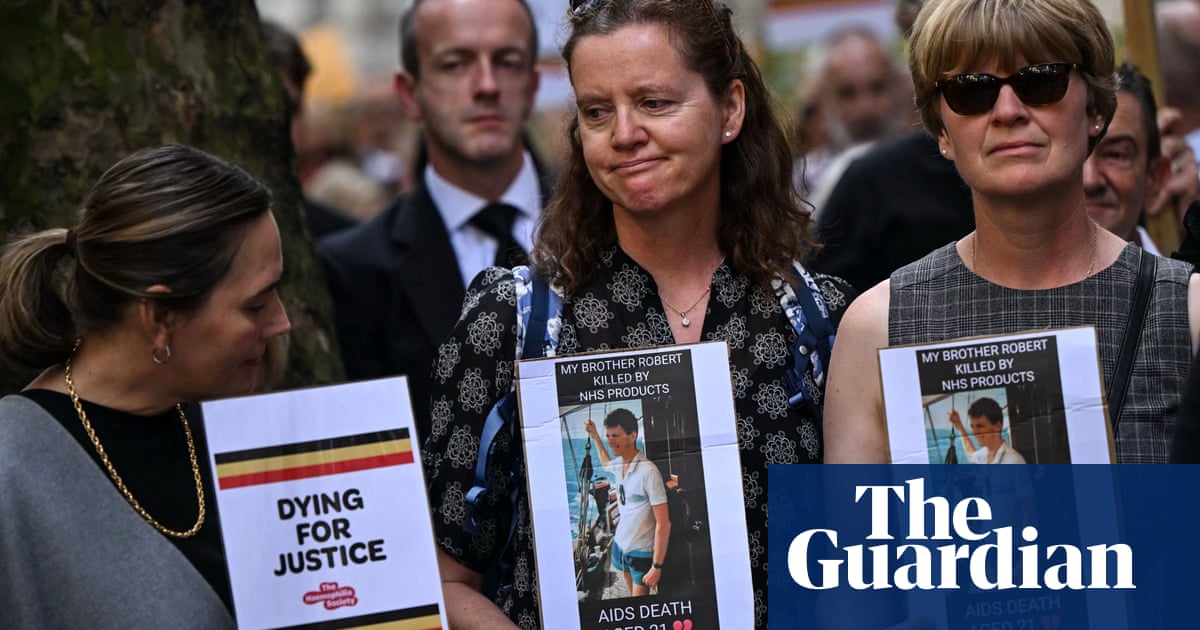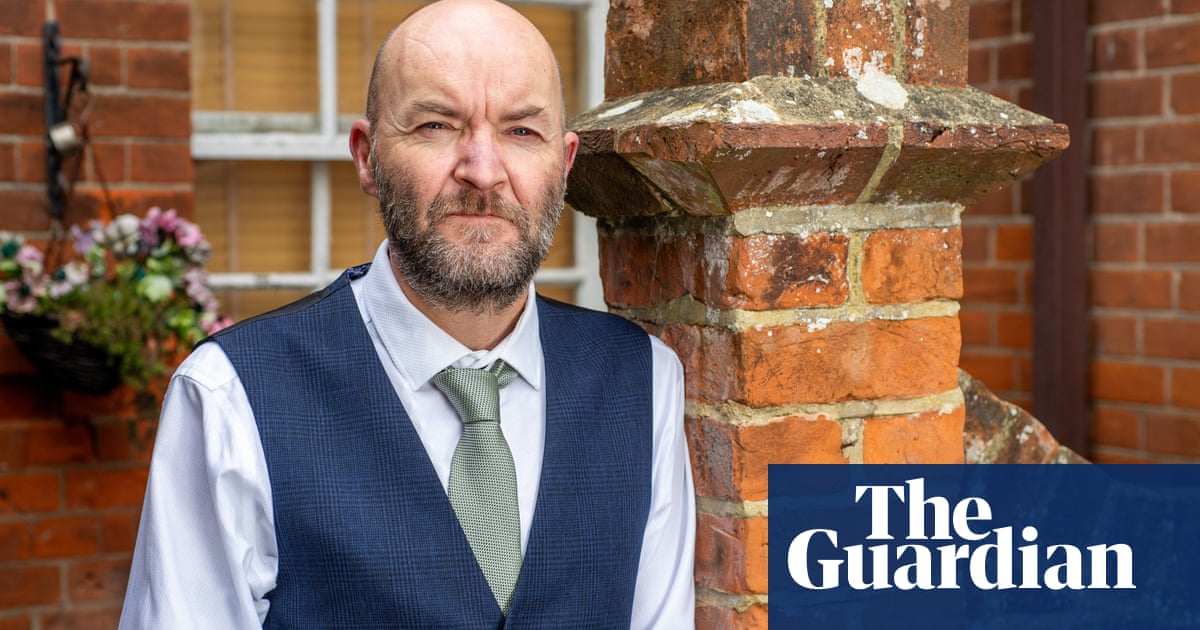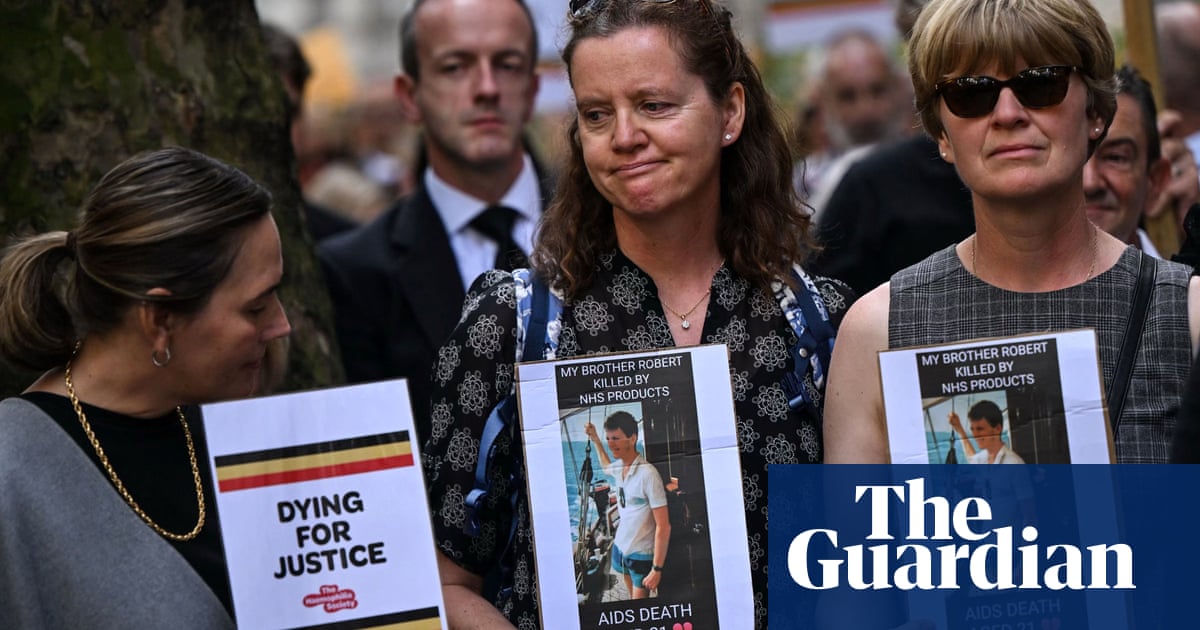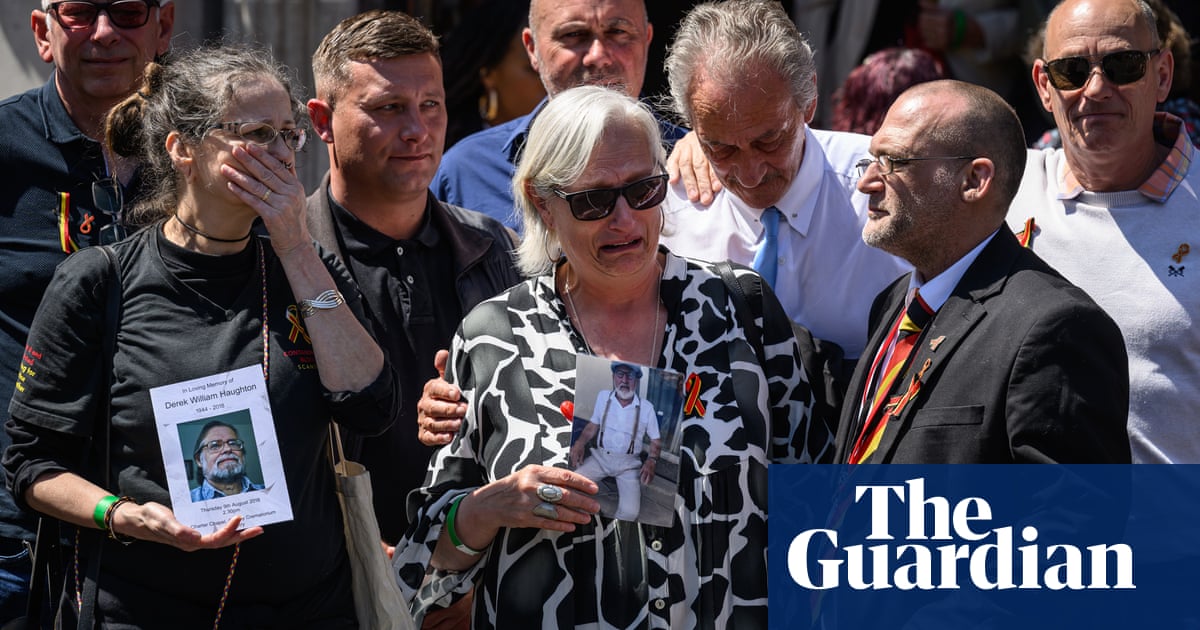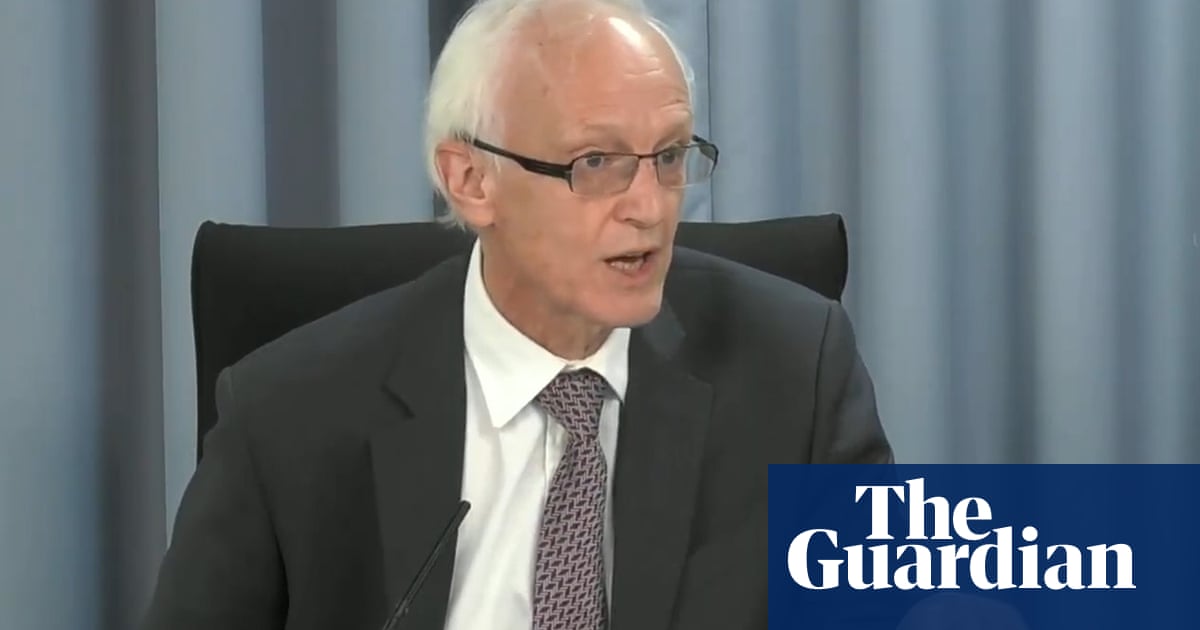
“We have been gaslit for generations,” was the reaction of Andy Evans, the chair of the campaign group Tainted Blood, in response to the final report on the contaminated blood scandal.
To many who were infected, or whose parents, children, partners or other loved ones were, the report merely confirms what they already knew. They have long maintained – often in the face of stubborn denial from doctors and ministers – that this was a preventable tragedy, compounded by persistent attempts to evade accountability.
In that sense, Sir Brian Langstaff’s report, which details numerous examples of opportunities missed to mitigate risks and says in black and white that there was a “cover-up”, offers them vindication.
If the general public doubted that those who they had faith in to protect them could fail so catastrophically, they were wrong. If it was previously believed far-fetched that clinicians would ever treat people without explaining the potentially fatal risks, that people would be left waiting for years to be told they had HIV or hepatitis C or that children would be experimented on without consent, people now know better.
Langstaff said 23 countries, mainly European, introduced screening for hepatitis C before the UK did so in 1991. He said: “It will be astonishing to anyone who reads this report that these events could have happened in the UK.”
But as surprising as they may be to those outside the infected blood community, those within it have known these difficult truths for decades and doggedly fought for them to be officially acknowledged.
Langstaff has helped them to finally do that by driving a coach and horses through the authorities’ insistence that the risks were not known at the time and that when they became known they were swiftly acted upon.
He said that it was reasonable to believe that if recommendations made in 1952 by the World Health Organization to alleviate “serum hepatitis”, had been adopted “a significant part of the harm on which this inquiry is focused could have been prevented”. Additionally, there was enough sufficient knowledge at the time (1973) to stop Factor VIII blood products from the US ever being licensed for importation.
In 1983, Ken Clarke, then a health minister, told parliament: “There is no conclusive evidence that Aids is transmitted by blood products.” The report says that this line was widely echoed despite the fact that it was known by the middle of the previous year that whatever was causing Aids might be transmissible by blood and blood products.
Another statement that was repeated was that of Margaret Thatcher, who in 1989 said that people infected with HIV from blood products received “the best possible treatment”.
The report says: “By 1986 the government can have been under no illusion about the scale of what had happened to people with haemophilia.” And yet successive governments denied to hold an inquiry – it was only announced in 2017 and began the following year.
Similarly, early offers of compensation were dismissed by Langstaff as “derisory” – and the situation is far from resolved.
Against such a backdrop, it is understandable if campaigners might feel vindicated but still unwilling to trust.
The latter feeling is one evidently shared by Langstaff. Referring to the current government’s failure to pay interim compensation to bereaved parents and children, or set up a compensation framework, in compliance with his recommendations last year, he said: “It has shown that assurances have been given, and not kept … It has led to a real and understandable fear that without a clear process or timetable there may be a dragging of feet.”
Accordingly, Langstaff has taken the unusual step of writing to the government to say that he does not consider the inquiry – ie its terms of reference – will be complete until he has seen what progress it is making on implementing his recommendations.
He called for a progress report to be made to parliament by the end of the year and a commitment to the recommendations within 12 months, saying they should not be allowed to “collect dust on the Cabinet Office shelf”.
Clive Smith, the chair of the board at the Haemophilia Society, said: “The chair of the inquiry is saying I don’t trust you, and I think the community largely speaking do not trust the government.”
The delay in getting to this point has also scuppered most campaigners’ hopes that anyone will ever be prosecuted – an issue that inquiries do not have powers to address. “Justice delayed really is, in this case, justice denied,” said Evans.





